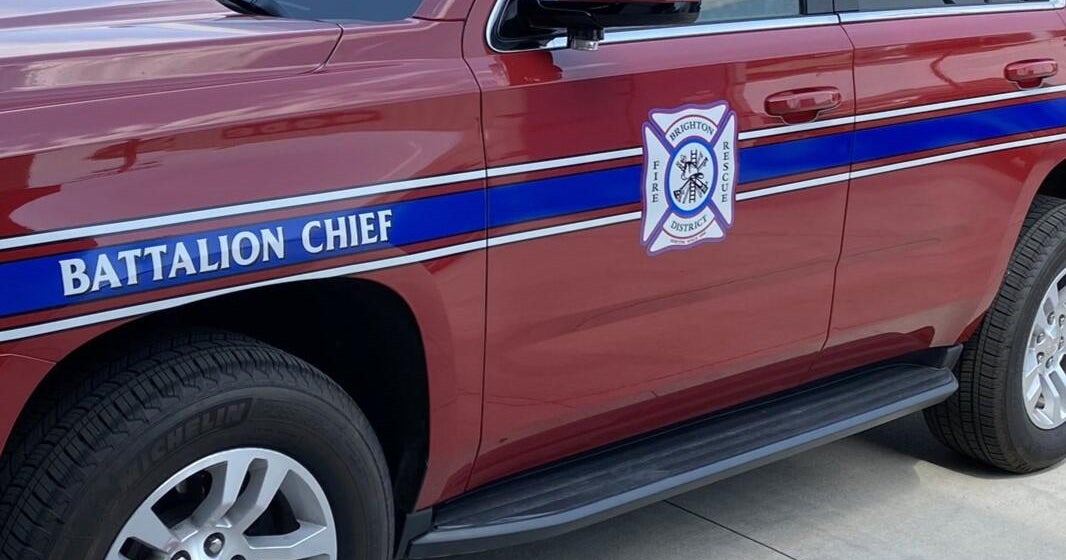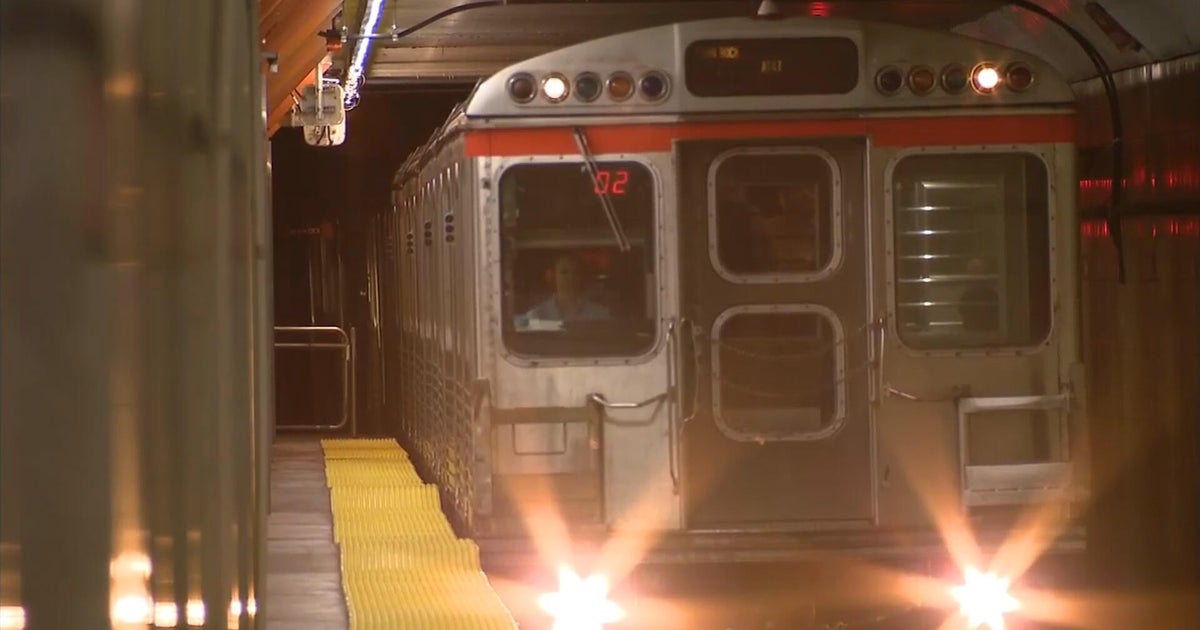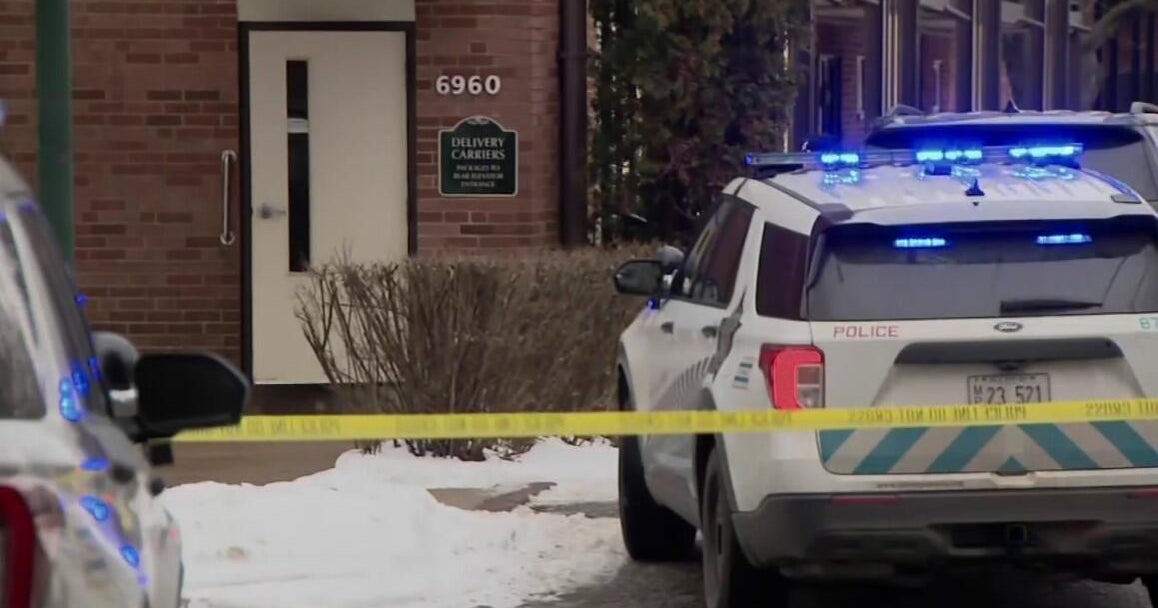Training Program Working To Pump Out New Plumbers As Fast As It Can Amid Shortage Of Skilled Workers
CHICAGO (CBS) -- Busted pipes and leaky faucets - there's never a lack of work for plumbers. Lately the issue is scheduling one, thanks to a shortage of skilled workers.
We're "Working For Chicago" and taking you inside a school pumping out new plumbers as fast as it can. As Morning Insider Lauren Victory shares - it takes years for a trainee to come down the pipe.
From welding to soldering to working with liquid that's more than 700 degrees, CBS 2 watched as Margaret Keeler trained to unclog a persistent problem: a lack of plumbers in the labor force right now.
A Spring 2021 report by the National Association of Home Builders estimates a 55% shortage of plumbers available.
"I was looking for something with more stability; something that would teach me a skill that I could use for my entire life," said Keeler of her decision to join Plumbers Local 130's Apprenticeship Program in Chicago.
Trainees come from all different backgrounds. Keeler left a career in restaurant marketing. Billy McMahon was in the craft beer industry.
"COVID happened, and it kind of wiped out the craft beer industry for a while," McMahon said. "I figured I'd better get into a line of work that's a little bit more sustainable, in case something happens."
Built to aid our bodily functions, plumbing is a job that's not going anywhere. So why are plumbers hard to find?
"We have to keep up with how many people are retiring," said Local 130's Instructor-In-Charge, Frank Borkowski. He attributes the industry's dwindling numbers to both aging and perception issues.
"There's the old stereotype of the plumber's butt, beer can in one hand, and whatever, but technology changes," he said of the crucial and careful training his recruits go through. It takes five years to complete his program.
CBS 2 asked if the union training could be shortened to help the plumber shortage.
"We don't want to do that. We want to make sure that they are well-equipped. We don't want them going out there, let's just say, with one bullet in their holster or be a one-trick pony. We want them to be well-rounded," Borkowski said.
Keeler doesn't mind the half a decade wait.
"Ultimately, five years to put into somewhere to be making $100,000 isn't really that bad," she said.
Plus apprentices are paid throughout the program.
First- through third-year trainees go to school one day a week and are on-the-job the 4 other days. Fourth- and fifth-years train in the field five days a week and attend night classes.
Local 130 offers schooling at its facilities in Chicago, Volo, and Joliet. The Joliet training center just underwent a major renovation.
About 2,500 applicants vie for 150 positions each training session. The union takes people of all ages, even recruits straight out of high school.







